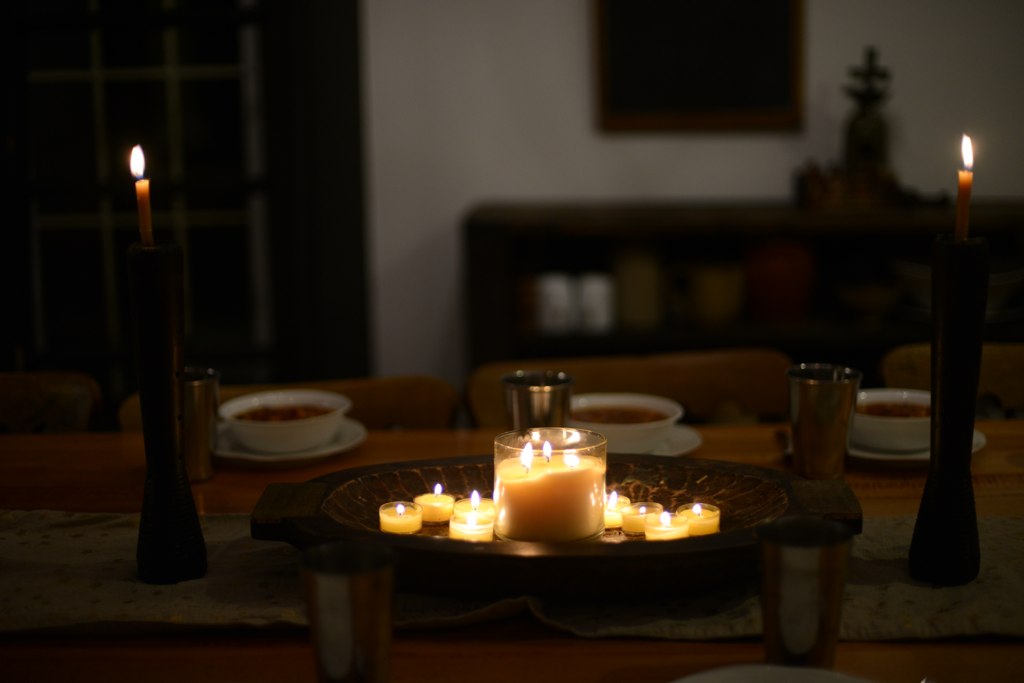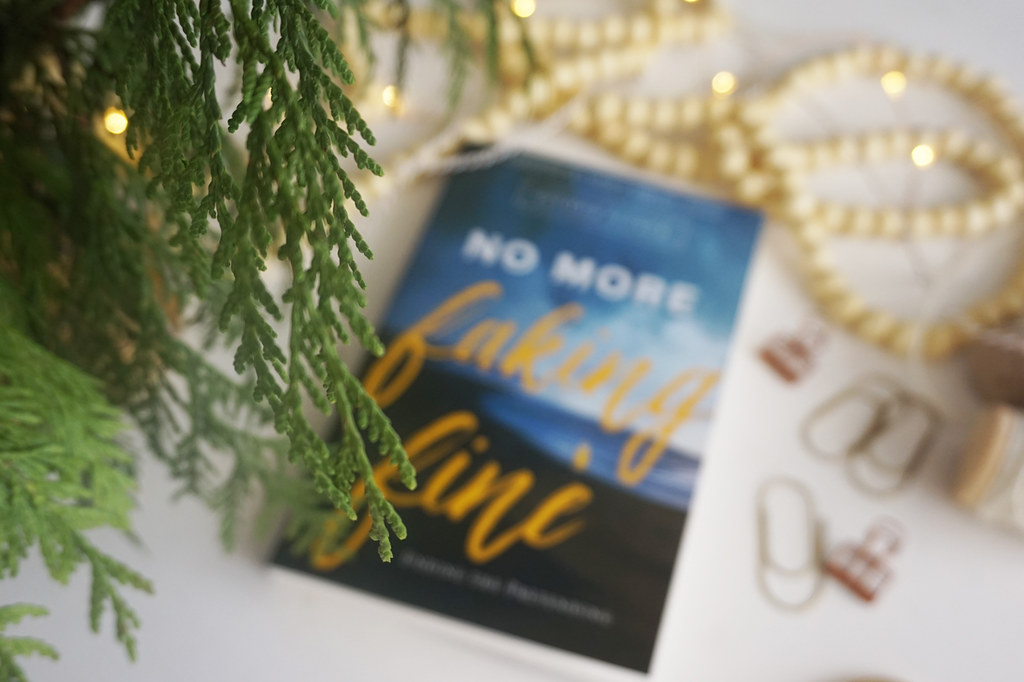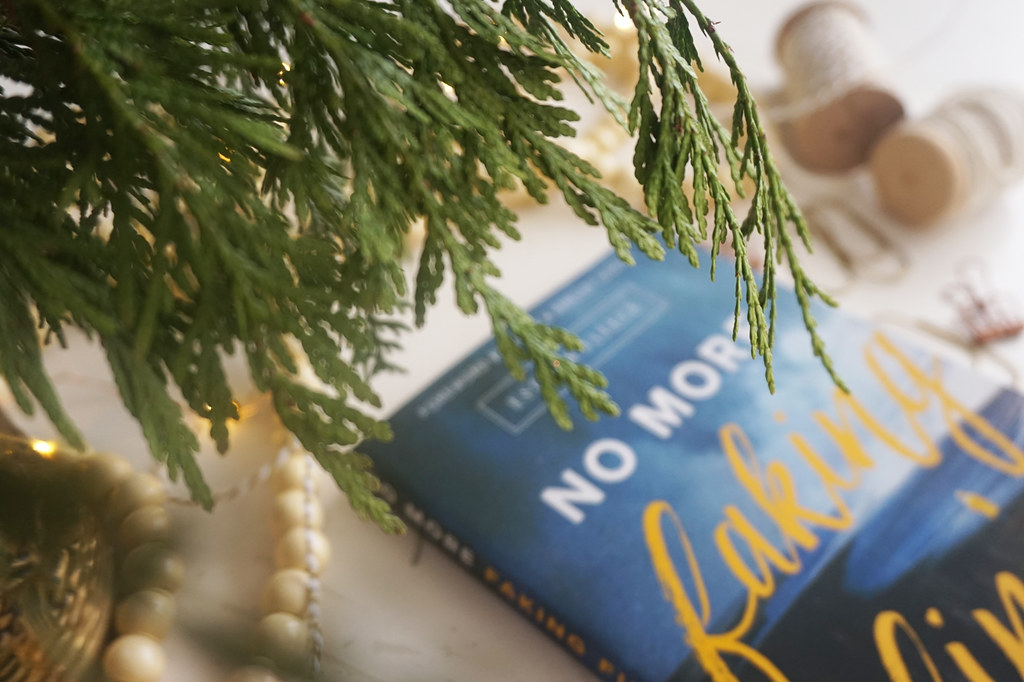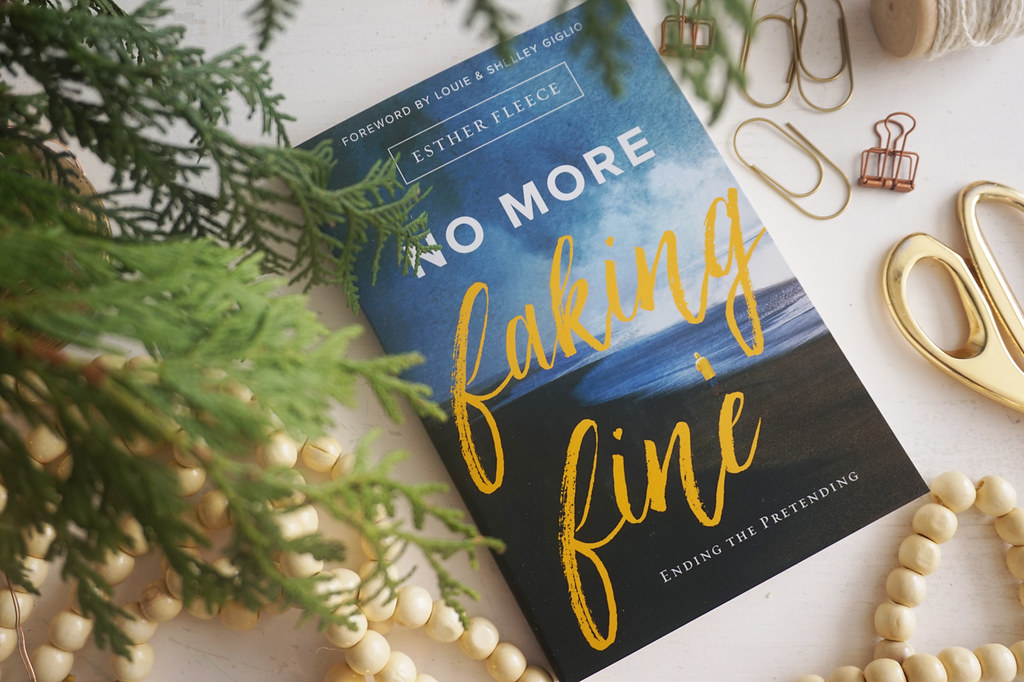You hear me talk about the Esther generation… a generation that risks for those outside the gate. Today I want to introduce you to a modern day Esther. She shares a lot in common with the Esther of old. Like the Biblical Esther, this modern-day Esther was orphaned. Like the Biblical Esther, this Esther shares a courage and deep love for her people. By the grace of God, and continuing in her namesake, Esther Fleece courageously lets us into her story—not for her sake but for the sake of her people. Lament is a language we see in scripture. We as believers must re-discover this lost language and introduce people to a God who hears their cries. It’s a grace to welcome Esther Fleece to the farm’s front porch today…
We sat on the beach side by side; his hand in mine; and all I could do was give thanks.
I never envisioned myself married, let alone sharing a honeymoon with a man.
I was thankful to God that all hard seasons finally come to an end. It was the first time in years I felt alive again.
While most girls dream of their wedding day, the only aisles I was accustomed to, were the aisles of the courtroom.
And when I walked those aisles, during messy family court cases that unfolded for years of my childhood, I always walked alone. It wasn’t long before doing life alone was my new normal.
I valued independence for many years– I was responsible for my finances, my home, my career. And as I felt called into this next season of sharing – marriage – I knew I was going to have to unlearn some of my old coping mechanisms in order to embrace the new.










I could hardly believe someone was choosing me – I could hardly believe somebody was committing their life to me, and I was surprised when the very thing I was avoiding – deep intimacy with another human being – was the very thing God would use to heal my orphan heart.
“The broken way begins with this lost art of lament and until we authentically lament to God, we’ll never feel authentically loved by God.” Ann Voskamp, The Broken Way
As my husband and I went up to our hotel room to get ready for dinner, I glanced at my phone to find a voicemail from a biological family member. It had been years since I had heard from or seen this person. The memories came flooding back, and pain came with them.
My mind raced wondering what I should do.
Should I call them back? Maybe I should just ignore the call? Do I let my husband know I received this message or perhaps I could just pray it away?
But this new season included openness, not isolation, and so I let my husband into the pain…
+++
My biological parents divorced when I was young, and my elementary school and middle school years were filled with courtroom hearings where I served as a witness for custody hearings to felony cases.
I learned to fake fine by the age of ten.
As I sat up on a witness stand, my father’s lawyer read my diary in front of a courtroom. Overwhelmed and confused, I started to cry. In a moment where I needed comfort, in a situation where I felt publicly shamed and embarrassed, this courtroom judge looked over to me and told me to suck it up.
Within seconds I shut down my emotions and did my best to hide my pain.
I vowed to never write again, as my words, even as a child, were being used against me.
My father never came home after this hearing. I learned to grow up without him. And I told myself that I would do anything it took to be strong, so I shut down my pain and “sucked it up” for years.
Faking fine is a much easier way to live. Answering that everything is fine is much more comfortable than having to be vulnerable.
Even getting lost in the act of service to others is easier than letting others into our pain. But with my husband next to me, I had to redefine this pain. I could no longer hide in my lament.
I had to make the choice not to lament alone.
“The wounds that never heal are always the ones mourned alone.” Ann Voskamp, The Broken Way
I returned the phone call, and as I received the news, I felt stiff pain in a chamber of my heart that had been closed off for decades.
My biological dad passed away on our honeymoon.
When I was on the highest of highs – as I was experiencing a beautiful love, my heart was quickly reminded of pain.
Decades after leaving our family, years after hearing his voice, his departure caused me deep pain, again.
And my heart felt a stabbing similar to the first time he walked out on our family. I had forgotten what it was like to miss him, yet in one phone call I was reminded again.
Even though I couldn’t remember what my father’s voice sounded like, I lamented his death.
Even though my father had never known my heart, my heart would feel deep pain for him.
And in the moment I wanted to just suck it up – to be “stronger” – I was unable to silence my cry.
“Lament’s not a meaningless rage, but a rage that finds meaning in His outrageous love.” Ann Voskamp, The Broken Way
What kind of Christian silences heartache? What kind of Christian is unmoved by death? Christians ought to be the first ones crying out that this world is not as it should be.
When we fake fine, we fake our way out of authentic relationship with God, others, and ourselves.
But lament, an honest expression of grief, is a prayer that God never silences nor wastes.
It is an authentic prayer that invites God to meet us right where we are, not where we pretend to be.
It is the language for the faithful, for we know the One who holds our pain.
And He never silences our cries. Even more than that, He cries with us.
There will be seasons for each of us when we lament alone.
But isolation – for all of us, is never our destination.
Real strength is not pretending we are fine and keeping God and others at a safe distance.
Real strength is letting others into our brokenness.
Real strength is confessing we need God’s rescue over and over and over again.
For God loves us all too much to lament without rescue.
While lamenting my earthly father’s death, I experienced emotional intimacy with my husband.
When we returned, I told my Pastor that I missed out on not having a dad. I told my small group that for a moment I even remembered my love for him.
But as I lamented, God showed me that I was not alone in my “unspoken broken” —
and I don’t think I can ever go back.
Esther Fleece is an international speaker and writer on Millennials and faith, leadership, and family, recognized among Christianity Today’s “Top 50 Women Shaping the Church and Culture” and CNN’s “Five Women in Religion to Watch.” As founder and CEO of L&L Consulting, she works to connect influential individuals and organizations to their mutual benefit.
Esther is a former orphan and author of No More Faking Fine. Esther’s story is an invitation to get gut-level honest with God through the language of lament. No More Faking Fine is your permission to lament—to give voice to the hurt, frustration, and disappointment you’ve kept inside and silenced for too long. Drawing from careful biblical study and hard-won insight, Esther reveals how to use God’s own language to draw closer to Him as He leads us through any darkness into His marvelous light. Share your No More Faking Fine story and join a generation who ends the pretend.
[ Our thanks to Zondervan for their partnership in today’s devotion ]







